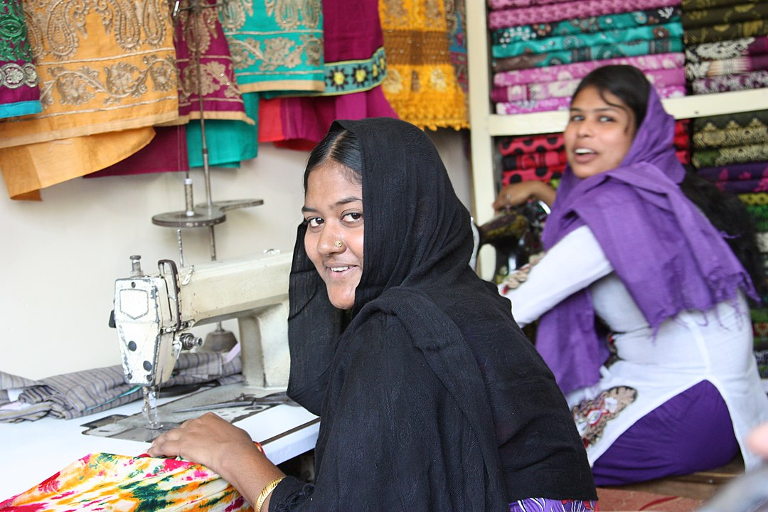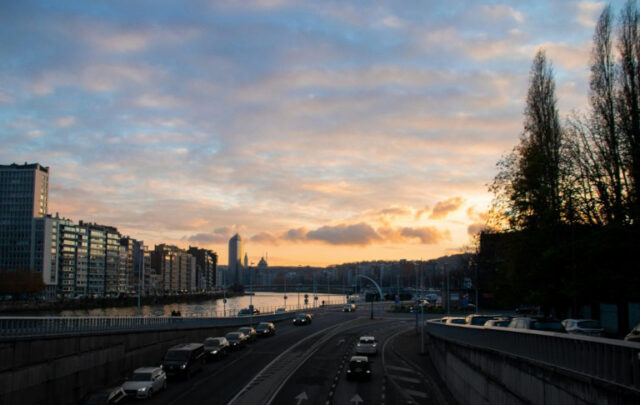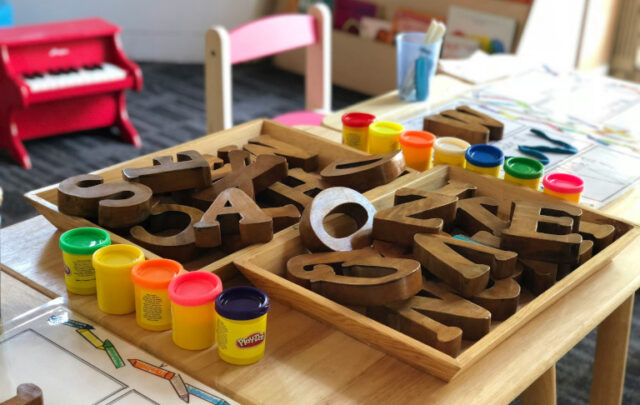A confession: for years, I’ve felt uncomfortable working in international development.
When I lived in Malawi, I first witnessed how International NGOs could often dominate civil society, pushing out the voices of local organisations and communities and capturing large proportions of project budgets for themselves. I couldn’t articulate clearly back then that racism was part of the problem. It seems so obvious now.
It was also the reason I moved into the trade justice movement. Traidcraft Exchange’s roots in justice, and its focus on trade and systems change, rather than aid, resonated strongly with my core values.
But in recent months, with Black Lives Matter exposing the issues of racism so starkly and causing all of us to reflect on who we are and what we’re doing, I’ve realized trade – and the work that we do –isn’t immune to the issues of racism and neo-colonialism either. Far from it.
In 1862, mill workers in Lancashire went on strike in solidarity with African slaves in the cotton plantations of the American South. They couldn’t afford to give up their wages but couldn’t live any longer knowing the people who harvested the cotton the mills were profiting from in the industrial revolution were slaves. Workers had already been suffering from the cotton embargo that had resulted in many mills closing, but as owners demanded them to return to work, they came together and in heated discussions at the Manchester Free Trade Hall, voted to stand in solidarity with the slaves in America, and to strike. The personal cost was huge. Many were facing starvation and near destitution. Disorder had broken out. The extent of their suffering was so severe, that a ship of relief supplies was sent from America to thank them for their support in the struggle against slavery.
Nearly 160 years later, the slave trade may have been abolished, but its legacy lives on. We consume goods produced by millions of workers trapped in poverty wages and dismal working conditions. Many of these conditions are ‘slave like[1]’. Those of us working in the global justice movement know the accumulation of our wealth in the North has only been possible through the creation of poverty in the global South.
We tend to ignore the racist history of trade when looking at trade issues. It’s complicated, uncomfortable and more convenient to gloss over it. The truth is the racism that underpinned colonialism and slavery continues within our global supply chains today.
At Traidcraft Exchange, our focus is on trade justice. But what does this really mean?
As a UK based NGO, we focus on the changes that need to take place here – campaigning for changes to business practice of UK brands and retailers and calling for greater corporate accountability through legislation and regulation. This can make a difference, as we have seen through our fast fashion campaign these last few months.
But is it enough? COVID has exposed the fragility of global supply chains and the gross imbalances of power that exist within the international trading system. The issues reach far beyond individual supply chains and sectors.
And what about racial inequality? Is it possible to build a fairer trading system for the future – one that is equitable and anti-racist — without actively dismantling the existing one? The more I reflect on the history of trade, the more I am convinced we need to start again.
As we grapple with the changes we need to make at Traidcraft Exchange to become anti-racist in all we do, perhaps we can take inspiration from those mill workers nearly 160 years ago. Throughout history, it has been when people come together to challenge injustice that change happens. We support producers and workers to organize and to seek out fairer trading conditions for their communities. This local level action is critical to address the imbalances of power within supply chains.
We don’t have all the answers. But we will continue to take action in the UK and stand in solidarity with workers and producers in the global South, together seeking ways to overhaul the global systems that are rooted in such racism and injustice.
We are in the process at Traidcraft Exchange of listening and learning from others on how we can become anti-racist. If you have ideas on how we can respond to the challenge of racism in trade, please do get in touch on [email protected]
Teaser photo credit: By DFID – UK Department for International Development – Helping Khaleda, one of the survivors of Rana Plaza, CC BY 2.0, https://commons.wikimedia.org/w/index.php?curid=38901275





